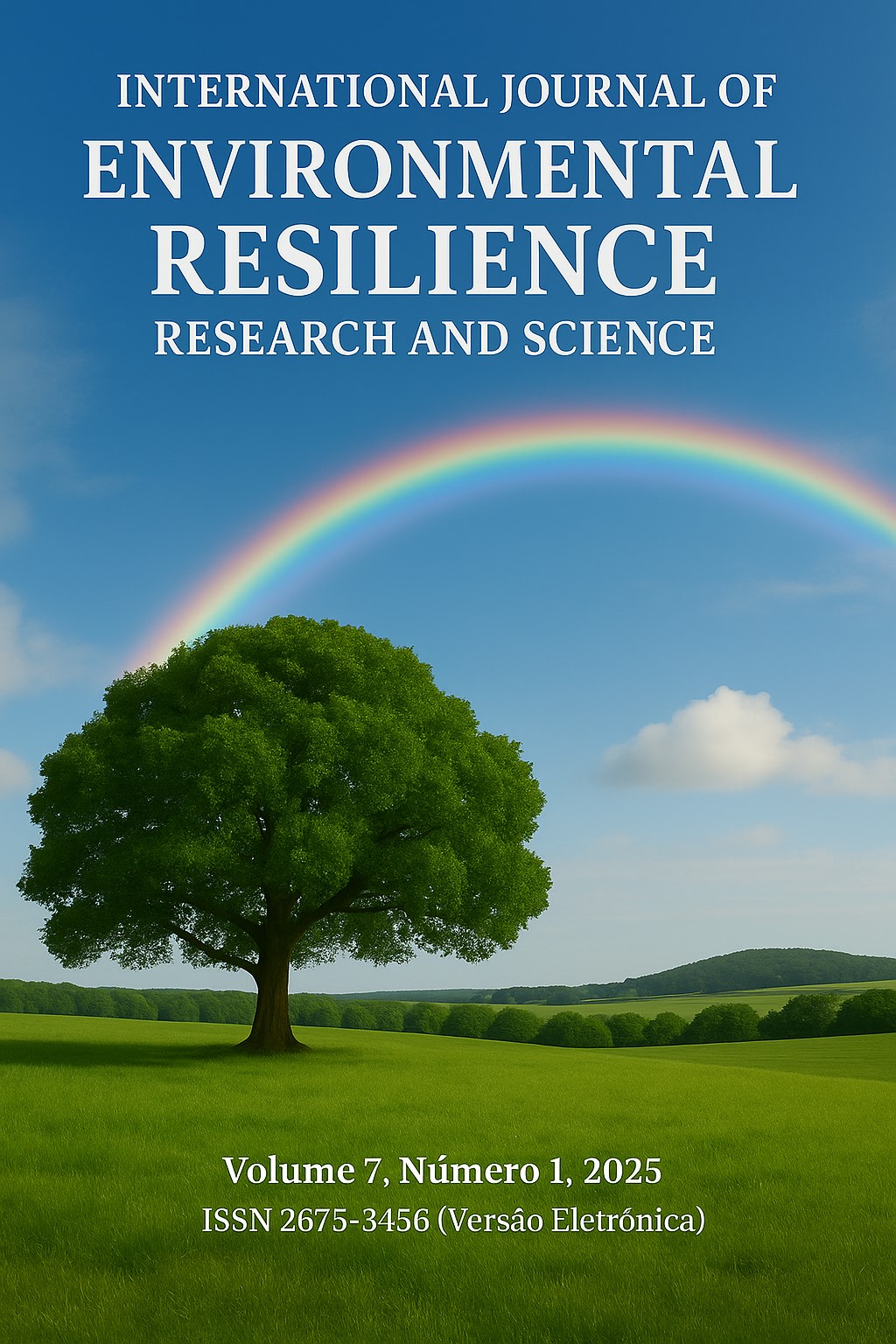Anti-racist socioenvironmental justice in Brazil
Environmental and climate change policies and civil society initiatives
DOI:
https://doi.org/10.48075/ijerrs.v7i1.33396Abstract
This paper aims to discuss perspectives for promoting anti-racist socio-environmental justice in Brazil. With this objective, we analyse the history of Brazilian environmental and climate change policies, highlighting the content relating to vulnerable populations, especially the racialized ones – black and indigenous – and present initiatives to combat environmental racism led by civil society, in which is focused the participation of communities impacted by environmental disasters. In the theoretical section, the concepts of environmental racism and climate justice are addressed from their origins in the processes of colonization and enslavement of African and indigenous peoples. With this research, we hope to stimulate debates and inspire courses of action towards inclusive initiatives and equitable solutions in environmental and climate policy, with a view to contributing to a greater alignment between the country's commitment to environmental preservation and mitigating the effects of climate change, and to guaranteeing justice, equity and human rights.
Downloads
Published
How to Cite
Issue
Section
License
Copyright (c) 2025 International Journal of Environmental Resilience Research and Science

This work is licensed under a Creative Commons Attribution-NonCommercial-ShareAlike 4.0 International License.
Aviso de Direito Autoral Creative Commons
Política para Periódicos de Acesso Livre
Autores que publicam nesta revista concordam com os seguintes termos:
1. Autores mantém os direitos autorais e concedem à revista o direito de primeira publicação, com o trabalho simultaneamente licenciado sob a Licença Creative Commons Attribution que permite o compartilhamento do trabalho com reconhecimento da autoria e publicação inicial nesta revista.2. Autores têm autorização para assumir contratos adicionais separadamente, para distribuição não-exclusiva da versão do trabalho publicada nesta revista (ex.: publicar em repositório institucional ou como capítulo de livro), com reconhecimento de autoria e publicação inicial nesta revista.
3. Autores têm permissão e são estimulados a publicar e distribuir seu trabalho online (ex.: em repositórios institucionais ou na sua página pessoal) a qualquer ponto antes ou durante o processo editorial, já que isso pode gerar alterações produtivas, bem como aumentar o impacto e a citação do trabalho publicado (Veja O Efeito do Acesso Livre).
Licença Creative Commons
Esta obra está licenciada com uma Licença Creative Commons Atribuição-NãoComercial-CompartilhaIgual 4.0 Internacional, o que permite compartilhar, copiar, distribuir, exibir, reproduzir, a totalidade ou partes desde que não tenha objetivo comercial e sejam citados os autores e a fonte.









